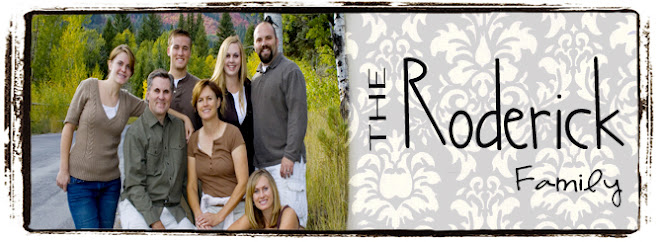Our next passage is found in Isaiah 54:7 that states:
"For a small moment have I forsaken thee; but with great mercies will I gather thee." (Isaiah 54:7)
To capture the full context of the prophecy we will examine verses 1-10.
Before we begin, if you followed this process of examining passages containing the word "gather," there have more than likely been passages that come to your attention unmentioned by me. These studies are far from comprehensive and you should note impressions you receive and listen to the whisperings of the Spirit to you. You may assimilate knowledge from this experience but the most important objective in participating in these studies is learning to listen to the Holy Spirit and give heed to what He may say to you. The Holy Ghost will tailor impressions to your individual circumstance and lead you where you need to go.
On to Isaiah 54:1-10.
"Sing, O barren, thou that didst not bear; break forth into singing, and cry aloud, thou that didst not travail with child: for more are the children of the desolate than the children of the married wife, saith the Lord." (Isaiah 54:1)
Israel/the Church is "barren" when she fails to give birth to Zion, or a people with pure hearts. (D&C 97:21) The Lord looks upon Israel as His bride. ("..., as the bridegroom rejoiceth over the bride, so shall thy God rejoice over thee." Isaiah 62:5)
How does Israel give birth? The answer is found in Mosiah 5:7:
"And now, because of the covenant which ye have made ye shall be called the children of Christ, his sons, and his daughters; for behold, this day he hath spiritually begotten you; for ye say that your hearts are changed through faith on his name; therefore, ye are born of him and have become his sons and his daughters." (Mosiah 5:7)
The covenant alone was not enough to claim divine heritage. The key components were the covenant and change of heart. What evidence did the people of Mosiah have they had been "born again" and experienced a change of heart? The answer is found at the beginning of chapter 5:
"And they all cried with one voice, saying: Yea, we believe all the words which thou hast spoken unto us; and also, we know their surety and truth, because of the Spirit of the Lord Omnipotent, which has wrought a mighty change in us, or in our hearts, that we have no more disposition to do evil, but to do good continually. And we, ourselves, also through the infinite goodness of God, and the manifestations of his Spirit, have great views of that which is to come; and were it expedient, we could prophesy of all things." (Mosiah 5:2-3)
The conversion of Mosiah's subjects was evidenced by the witness/testimony of the Holy Spirit, a cessation of all desire to do evil, (pure in heart)and an endowment of knowledge that encompassed "all things." This is the bar or standard the Lord's people must meet to remove the term "barren" from Isaiah's description.
This doctrine was commonly taught by the Savior to His disciples:
"But as many as received him, to them gave he power to become the sons of God, even to them that believe on his name. Which were born, not of blood, nor of the will of the flesh, nor of the will of man, but of God." (John 1:12-13)
And Paul taught the same doctrine as well:
"For whom he did foreknow, he also did predestinate to be conformed to the image of his Son, that he might be the firstborn among many brethren." (Romans 8:29)
The key in this verse is not to get caught up on "predestinate," but to focus on the conformation into the image of the "Son" and how that takes place. To have no more disposition to do evil is about as Christlike as one may get.
Israel, in their first covenant opportunity failed to become a people possessing these attributes and were eventually rejected as the Lord's covenant people, hence, Isaiah addresses them as "barren."
On the subject of children, the desolate referred to in verse 1 are the Gentiles who experience the change of heart and join themselves to the Lord's covenant people, Israel. Israel is under covenant with the Lord and is His bride, but the post desolation Gentile (3 Nephi 21:12-21) conversions will transcend in number the children Israel bring forward.
Tuesday, May 31, 2011
Isaiah 54:1-10
Posted by Roderick Family at 5:13 AM
Subscribe to:
Post Comments (Atom)

0 comments:
Post a Comment